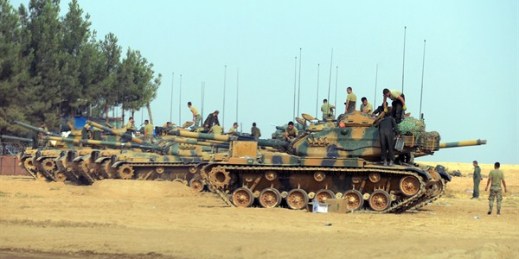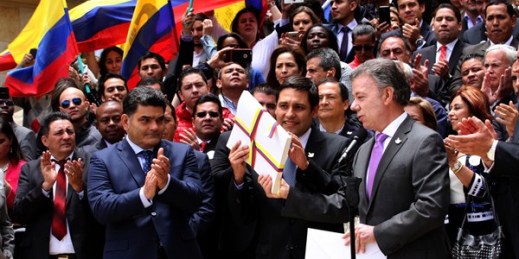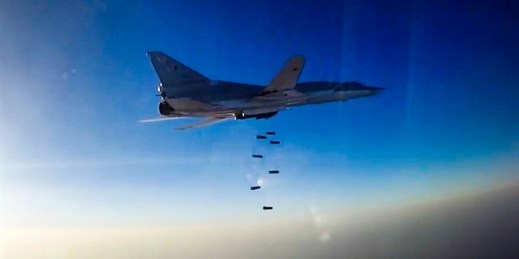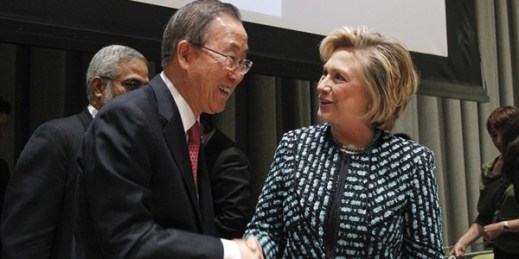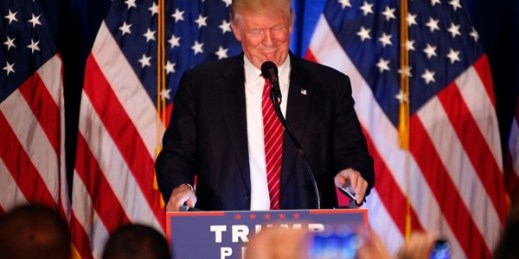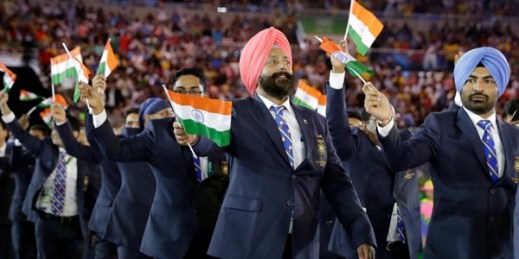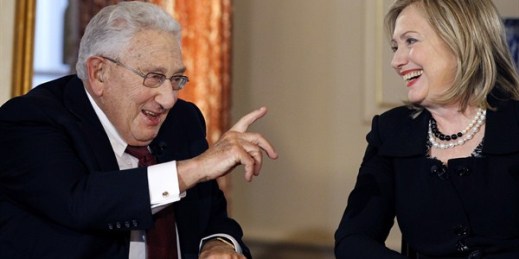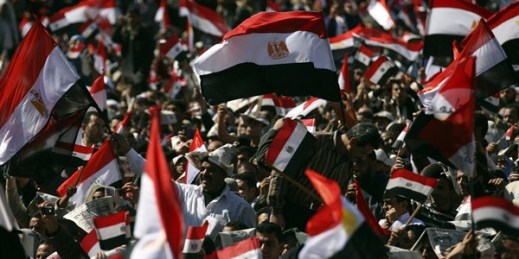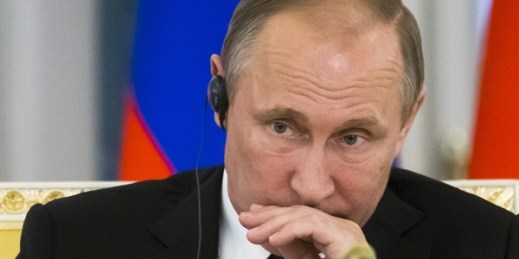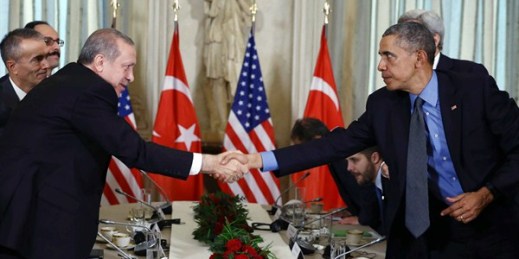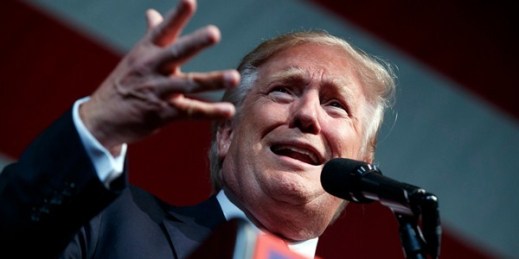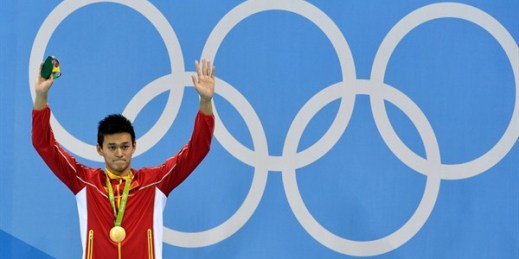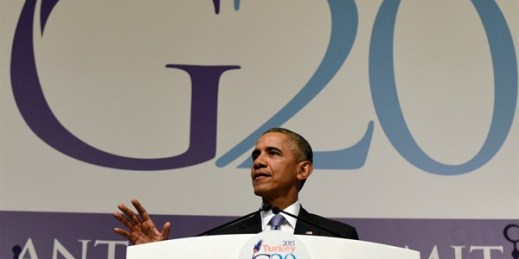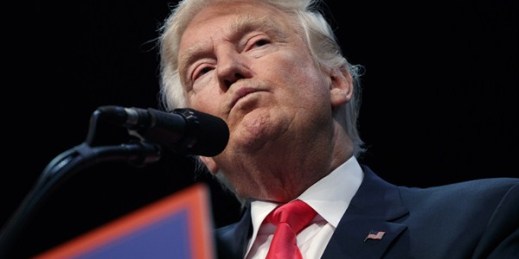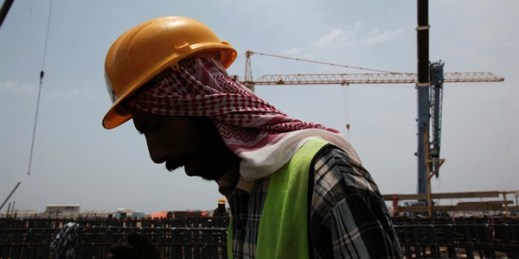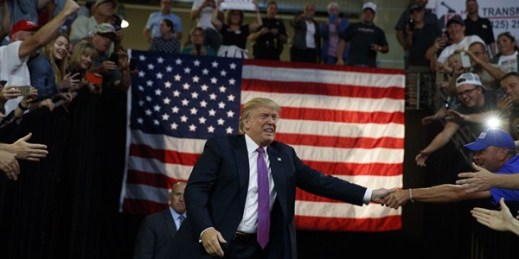
Is the world going crazy? Or alternatively, are insane people at the helm, driving major global events? Whether discussing Republican presidential nominee Donald Trump or so-called lone-wolf terrorists, the question of mental sanity has increasingly crept into public discourse on global affairs. Besides the obvious impossibility of diagnosing a stranger’s psychiatric health from a distance, this trend of leveling charges of mental illness against political or ideological adversaries has another disadvantage: It labels them and anything they say as not worth listening to, essentially cutting off any possible line of communication. And in the case of Trump and his supporters, […]

